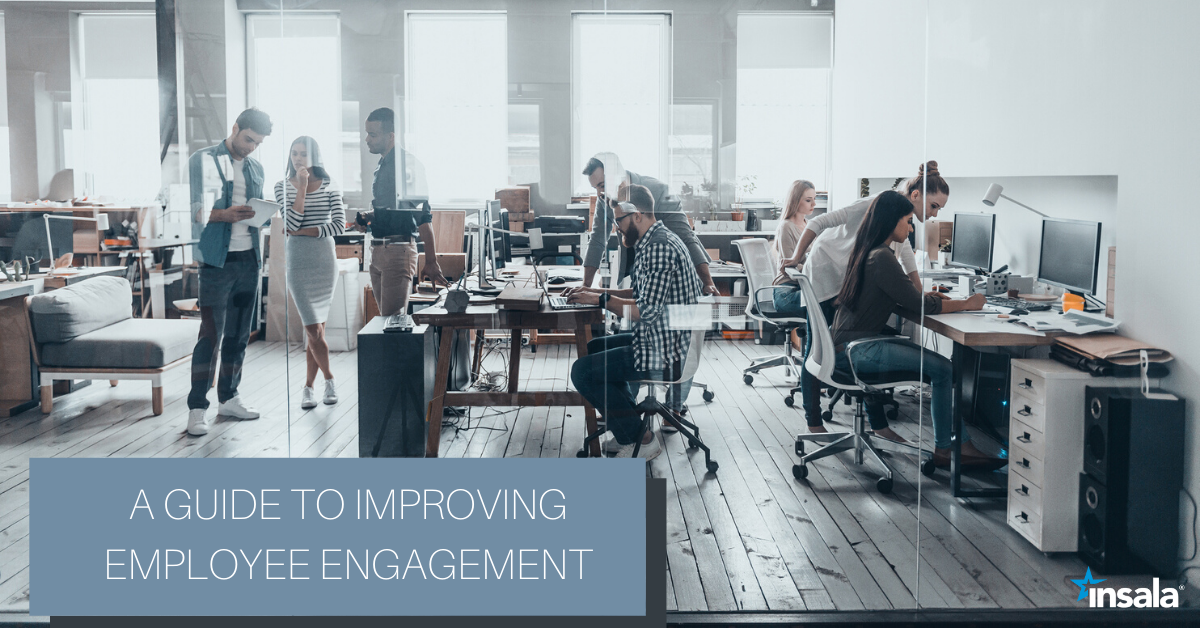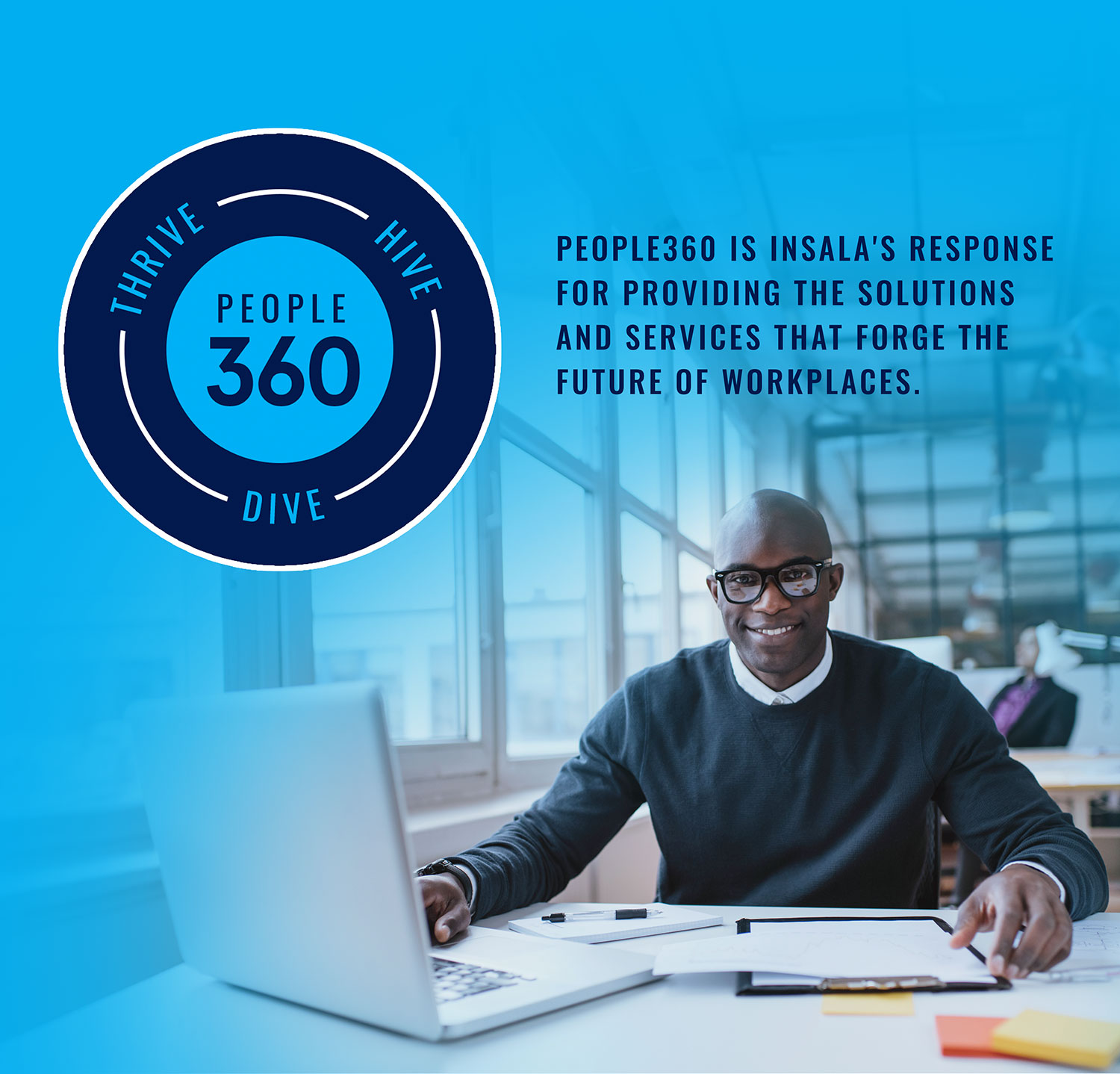How AI Enhances Employee Productivity & Workplace Efficiency
The Role of AI in Enhancing Employee Productivity & Workplace Efficiency
Read more
Under normal circumstances, organizations can expect the employee experience to follow a general career arch at the company. This arch begins with active career development opportunities, such as mentoring, coaching, and career management, and ends with career transitions to become a part of the corporate alumni network. Ideally, this is a natural arch that enables employee engagement at all phases.
As the COVID-19 pandemic spreads across the globe, the employee experience is dramatically shifting. Sudden layoffs are abruptly moving employees to new stages of the employee experience.
Businesses have suddenly been thrown into a cycle of disruption. This disruption impacts revenue and can ultimately lead to the grave task of culling the workforce as doors close and social distancing requirements cut into profits.
Business Disruption and Revenue LossSome industries are grappling with supply chain disruption, which curbs the availability of product to sell. Others are losing customer work as business travel has been all but eliminated, making it difficult to sell new services.
For essential industries, like grocery and retail, sick day policies are being overhauled to support employees, but at higher cost to the business.
Sudden LayoffsWhile the situation is rapidly evolving, as of last week 11% of employed Americans reported their employers have cut jobs, reduced hours, or enacted a hiring freeze. Experts expect this to only get worse, predicting we’ll soon be skyrocketed to 2 to 3 million jobless claims in the coming weeks. This number will continue to increase as shelter-at-home orders continue to be issued across the country and whole industries grind to a halt.
Employee Engagement DipsFor organizations that aren’t limiting hours or laying off employees, bringing new hires in the doors is unlikely in many industries. While this may protect against layoffs down the road, it leaves the current staff to fill gaps, often in unusual working situations. These challenges can take a toll on the level of employee engagement.
54% of employees said they strongly agreed they were well-prepared to do their work considering the recent impact of COVID-19 on their specific roles. In the wake of a sizable disruption, Gallup suggests managers return to the basics:
Whether a company sells a good or a service plays a key role in determining if the organization is shutting down entirely or quickly adapting to a telecommuting model. No matter the industry, employees around he world are grappling with new issues as a direct result of the coronavirus.
Heightened Personal FearAn early research release from Forrester indicates about a third of employees are afraid to even show up at work due to fear of virus exposure.
With fear for personal safety (or fear of exposing at-risk family members) shadowing over their professional lives, it’s difficult for employees to focus on the immediate tasks at hand, much less the future of their career.
Mounting PressureAt organizations that have chosen a telecommuting model, employees have suddenly become the front lines of their own IT support.
They are also navigating their need to maintain regular workloads in home environments not designed to be home offices. Many employees are even caring for family members while simultaneously attempting to complete their work during normal business hours.
At businesses that require on-site work, employees are under pressure to follow new social distancing norms, which often means staying on top of the workload while shifts are spread out. They are also being asked to support customers who are in the throes of a crisis, increasing the pressure of their normal job.
For even the most dedicated employees, focus has shifted, at least in part, to the crisis.
Less Career DevelopmentAs parents try to juggle the daily grind with childcare and home school responsibilities, igniting their career development may take a backseat.
Employees who are suddenly telecommuting may lose the extra time they would typically devote to professional development to battle slower Internet speeds or productivity loss with a home office set up.
In addition to the individual challenges of the employees, organizations are being forced to lose the teams that manage their career development program. In many cases, this can completely end the program for all employees.
Unexpected LayoffsAs more businesses doors temporarily close their doors, more employees will be suddenly thrust into unexpected career transitions. This change can be personally devastating for employees and detrimental for organization’s without a corporate alumni network. Sudden layoffs can mean:
These are unprecedented, challenging times for businesses and Insala is here to help. In our 30 years of experience, we’ve seen other challenging times and can help you navigate challenging workforce reductions and transitions effectively and efficiently. Utilizing our transition solutions can ultimately ensure that you maintain a positive relationship with your exiting employees and support them in their next careers moves – even when the transition is sudden.
Please contact us to request a demo and see for yourself how Insala can help you preserve a positive employee experience through our career transition solutions.


The Role of AI in Enhancing Employee Productivity & Workplace Efficiency
Read more
How People360 AI Transforms Workforce Management with AI-Driven Solutions
Read more
How to Use Data to Foster Personal Growth and Career Development in Your Employees
Read more
Building Professional Communities Within Organizations
Read more
Experts To Follow In The Diversity & Inclusion Space Diversity & Inclusion (D&I) is essential to the growth, prosperity, and ...
Read more

People360 is a pioneer and industry leader recognized by Global 1000 and Fortune 500 companies and associations internationally, for 28+ years as a leader in Career Management, Mentoring, Coaching, Career Transition, Alumni Software solutions and People Analytics.
© 2025 People360. All rights reserved. Privacy Policy